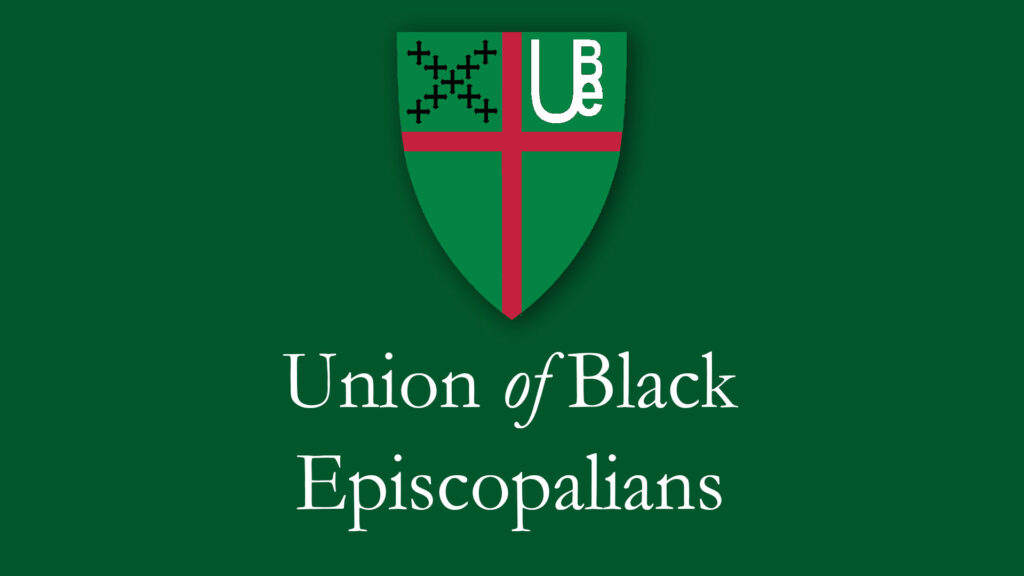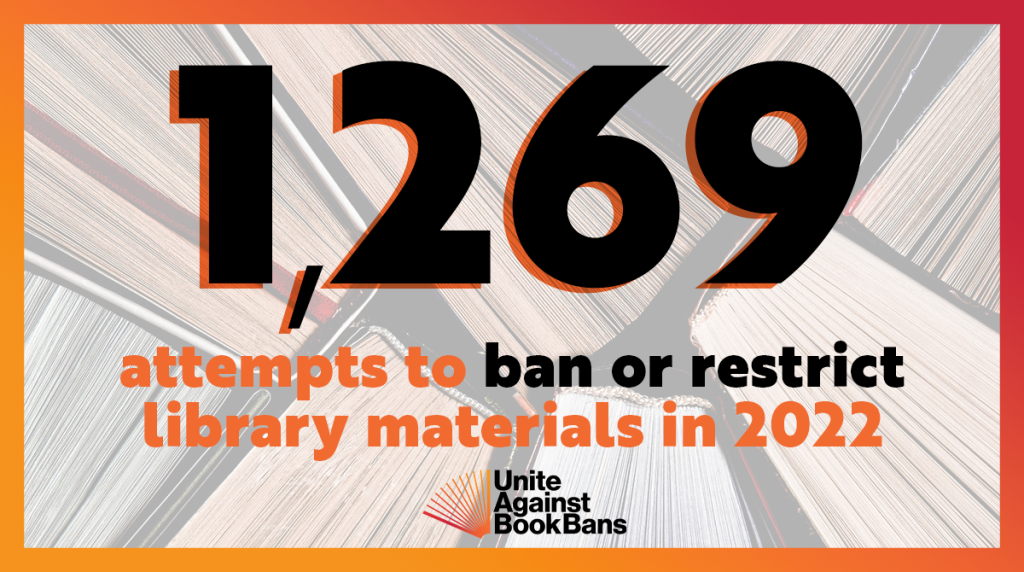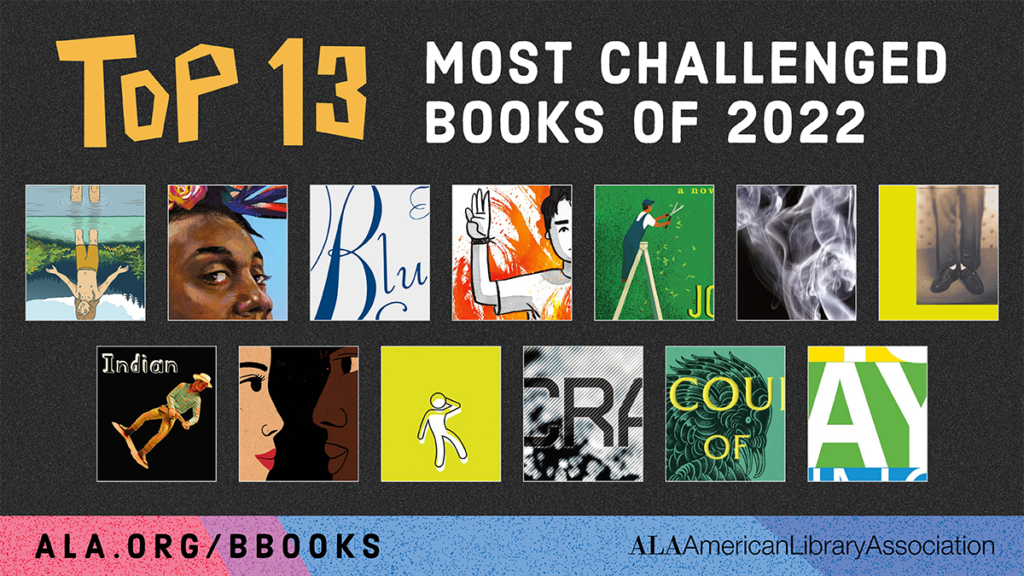This blog post is by Rev. Qiana Johnson, Associate Dean of Libraries, Dartmouth Libraries and Member, ALA Policy Corps Unite Against Book Bans Cadre and Rev. Kim L. Coleman, National President, Union of Black Episcopalians.
The Union of Black Episcopalians (UBE), a Unite Against Book Bans partner, recently had the opportunity to act in opposition to book bans while also encouraging the inclusion of diverse materials and stories in Episcopal churches and other faith-based contexts, across the nation and around the globe. The result is a resolution condemning censorship, which we hope will inspire others to action.
Last spring, the UBE Executive Board considered partnership with Unite and invited a talk about the recent rise in book bans, their harmful impact on entire communities, and how UBE and others could raise their voice in opposition to those bans. Following this, we drafted a resolution condemning censorship and noting how books bans — particularly those targeting materials by and about the BIPOC and LGBTQ+ communities— are in opposition to calls for inclusion and diversity within the church and the world.
With support from the UBE Board and input from membership, the draft resolution was refined and taken forward to the Episcopal Church’s 81st General Convention, a triennial gathering that is the primary governing and legislative body for the larger Church. Endorsed by elected delegates, the resolution was strengthened based on feedback at open committee meetings. The final version was passed by the General Convention in Louisville, Kentucky last month.
The Episcopal Church’s resolution offers a strong condemnation of book bans as being in opposition to the world this faith community wants to see and is working toward creating. But the resolution goes further, calling for action among its members. It encourages Church members to advocate within their local contexts not only in opposition to book bans, but to include diverse and affirming books in church libraries as well as to preserve the history and experiences of the BIPOC and LGBTQ+ faithful. This UBE-sponsored resolution not only advocates for diverse materials in the secular community but also in their faith-based contexts.
The road to the resolution was long, but it provided important opportunities for people to learn more, have open conversations, and articulate the values they want to see in their communities. We hope it can be a conversation starter in your local communities, both secular and faith-based, and adopted or adapted to reflect the widely held belief that books are a powerful way to understand and affirm others, including LGBTQ+ and POC Christians. The UBE and the Church stand firmly against book banning and we invite you to join us.
For additional support speaking with local faith communities about book banning, please see Banned Books, Banned Beliefs.



